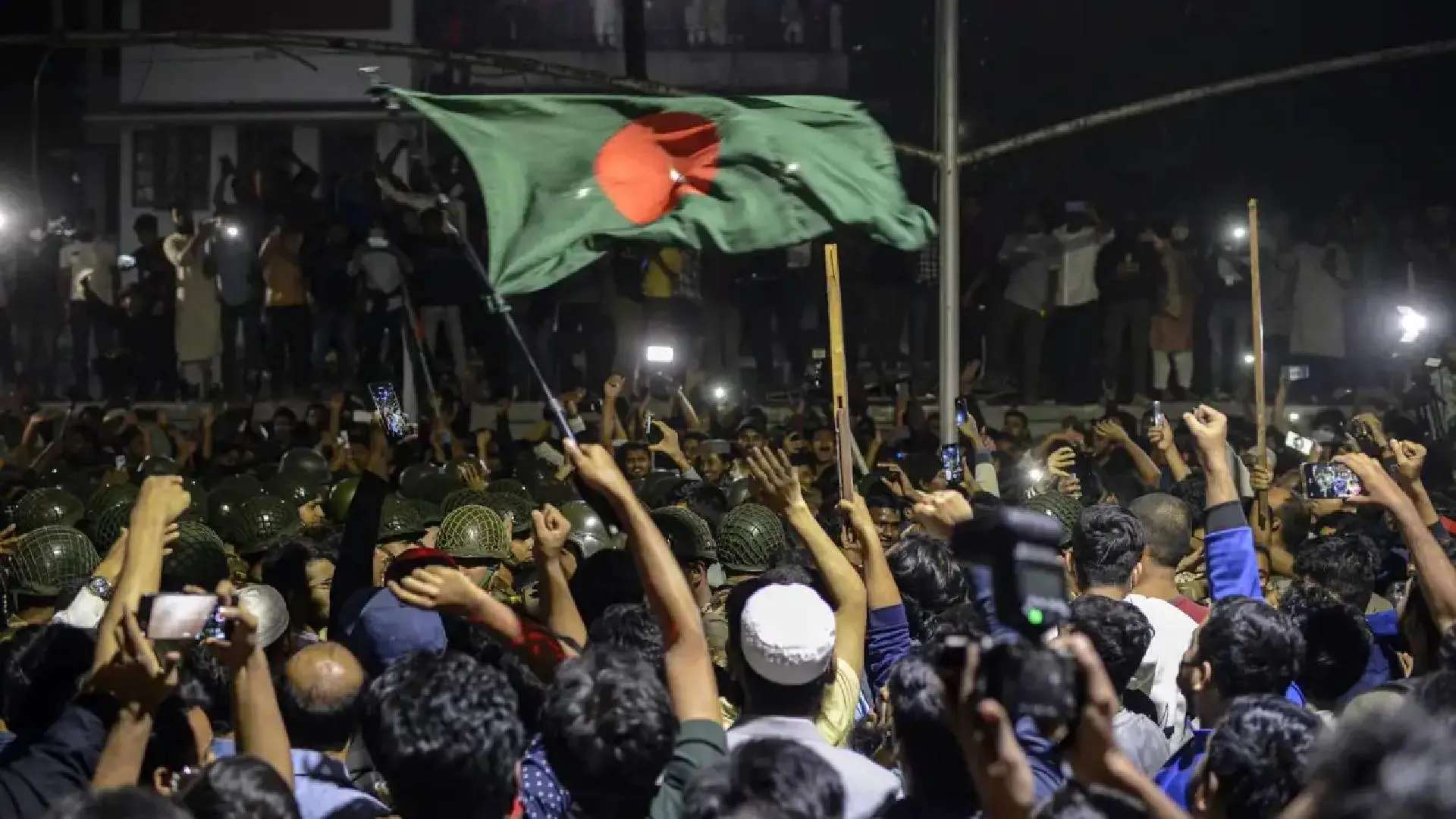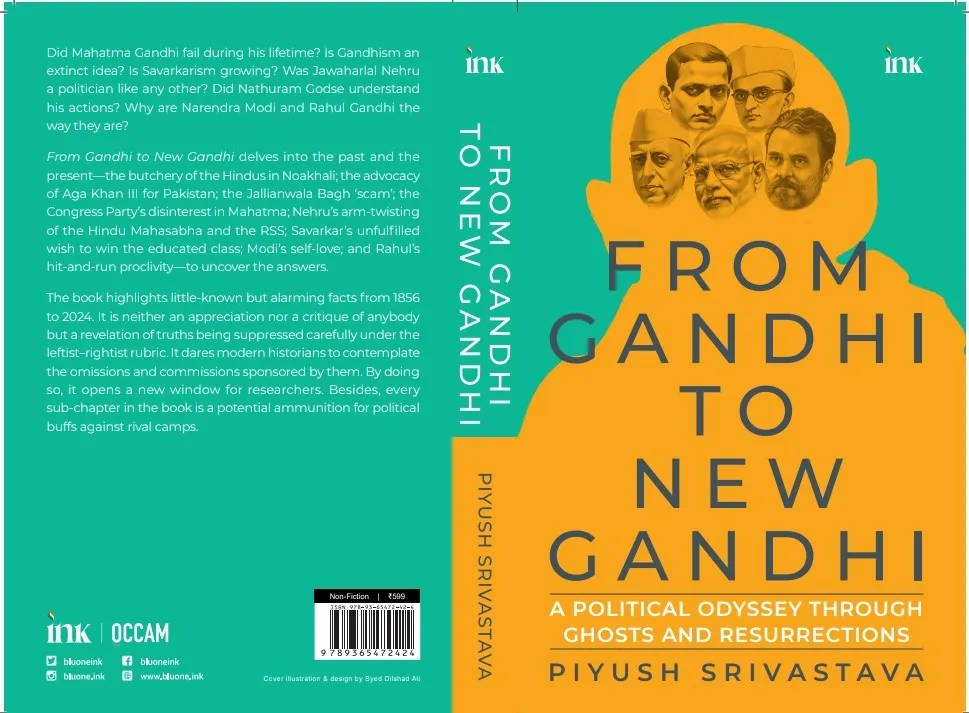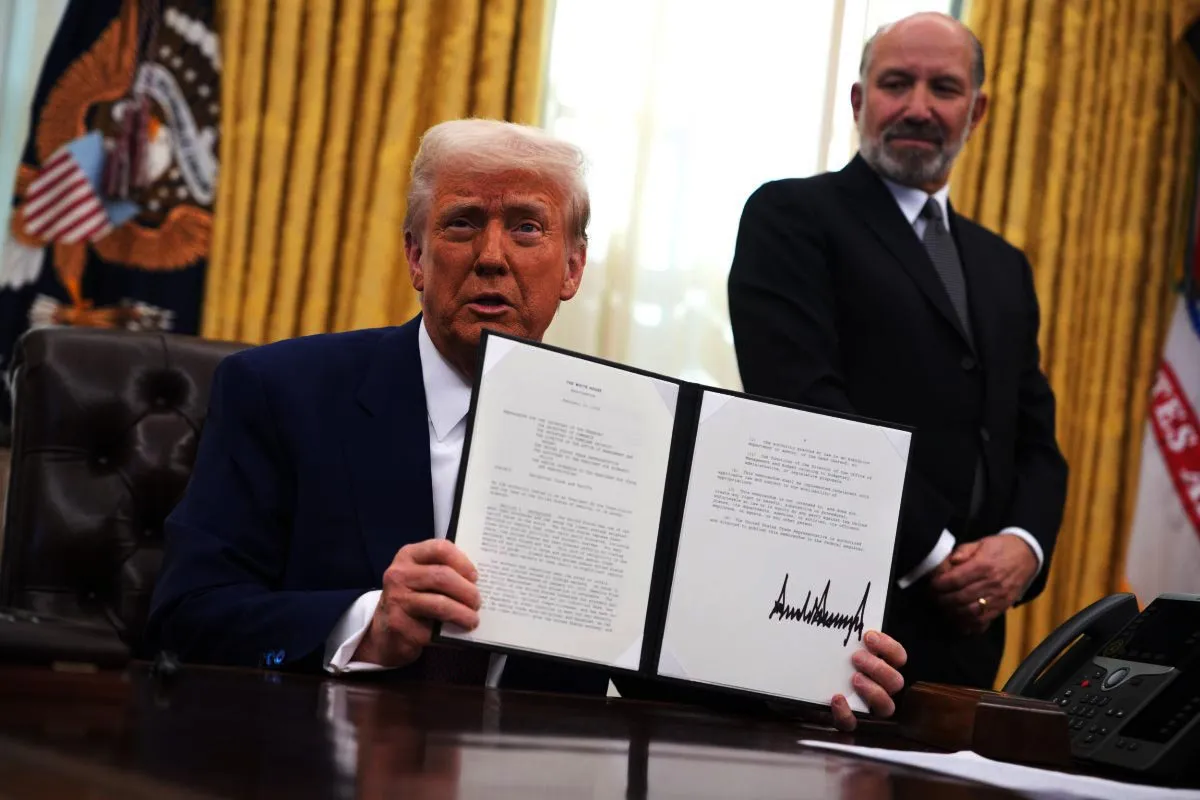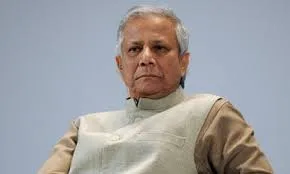The Bangladesh Army Chief seems to be unhappy and exasperated with the lawlessness in the country. In his recent comments he warned the so-called revolutionaries, who have taken charge of Bangladesh after Hasina’s removal, of how things were going out of hand, which, in turn, would be inimical to the country’s interests.
Gen Waker Uz Zaman, who is believed to be one of the main players behind the coup that removed Hasina from power in August 2024, is exasperated that it is the army which is being forced to take care of the deteriorating law and order situation in the country, while the radicals target the police force. The excuse being given for this is that it was Hasina’s police force that targeted the protesting students and, therefore, must be persecuted.
Although there is some speculation if the army chief was actually hinting at a military takeover, Zaman was clear that no one wanted the military to go back to the barrack more than him. There is no denying that Bangladesh is sinking into complete anarchy. Apart from the attacks on the minorities, there is also vengeful action against Awami League leaders and workers, with many being lynched to death by the radicals who are justifying such violence in the name of revolution.
Bangladesh’s economy is tanking. Inflation is skyrocketing. The garment industry, Bangladesh’s mainstay, is getting battered as orders shift to countries that are politically stable. The power situation is bad. Street violence is becoming the norm. The younger generation has become so radicalized that they have normalised radical behaviour, including erasing the country’s history—for example, destroying 32 Dhanmondi, the house of Sheikh Mujibur Rehman, where he was assassinated in 1975. It was a Mujib memorial, but the extremist students went on a rampage against it just because Sheikh Hasina had made some statements. But then in their misplaced and misdirected ire, the students have been heaping insults on the father of their nation just because he was Hasina’s father.
As Bangladesh finds a new friend in Pakistan, the country from which it won freedom in 1971, it’s almost as if it has decided to rewrite its history and revisit a past where it was nothing more than a vassal of Rawalpindi. Although it does not realise that making Pakistan its role model cannot help it in any way, because that country is a basket case. But then it can teach Bangladesh—not that it requires much teaching—on how to conduct a proxy war against India by using terrorists, and that is what seems to be happening. Pakistan is using a willing Bangladesh as its base to fight its war against India.
As Yunus comes under increasing international pressure to hold elections, Bangladesh may be headed towards conducting what is likely to be a sham election. Already there is a move to ban Awami League from participating in the election.
Meanwhile, even as the country sinks into mayhem, it seems a new political party is taking birth—one led by the students who ousted Hasina. Nahid Islam, who was a student leader, has resigned from his position in the government of Muhammad Yunus. As Yunus comes under increasing international pressure to hold elections, Bangladesh may be headed towards conducting what is likely to be a sham election.
Already there is a move to ban Awami League from participating in the election. And now there is a high possibility that these students, who have been ruling and ruining Bangladesh, will maintain their hold on power by winning a spurious vote. This is not good news for Khaleda Zia’s BNP, a genuine political party, which has started to realise the game plan of Yunus and Co. In fact, it should insist that Awami League must be allowed to participate in the election, as else democracy can never flourish in Bangladesh.
Bangladesh is on a downward spiral, and even though it cannot survive without India’s help, Yunus and Co have decided to paint India as the villain of the piece. All that this has done is to deepen the divide between the two countries, especially with the most outrageous statements coming towards India from Dhaka. As Mr Jaishankar has said, it is for Bangladesh to decide what sort of relations it wants with India—for the path it has taken is not conducive to good relations.
Bangladesh needs to realise that teaming up with Pakistan may help it score some verbal brownie points against India, or use non state actors to inflict some damage on India, but the disparity between the two countries is too huge, for that damage to be permanent. Even Pakistan, which has been trying to destroy India for nearly 80 years, has not been able to do so. It has just ended up finishing itself.
Bangladesh too will end up like that unless and until it mends its ties with India. India is being restrained with Bangladesh. But restraint should not be taken for weakness. Bangladesh needs to realise that India has all options—including kinetic—on the table and will not allow Bangladeshi territory to be used for anti-India activities. The sooner ties are restored, the better it is for Bangladesh.























